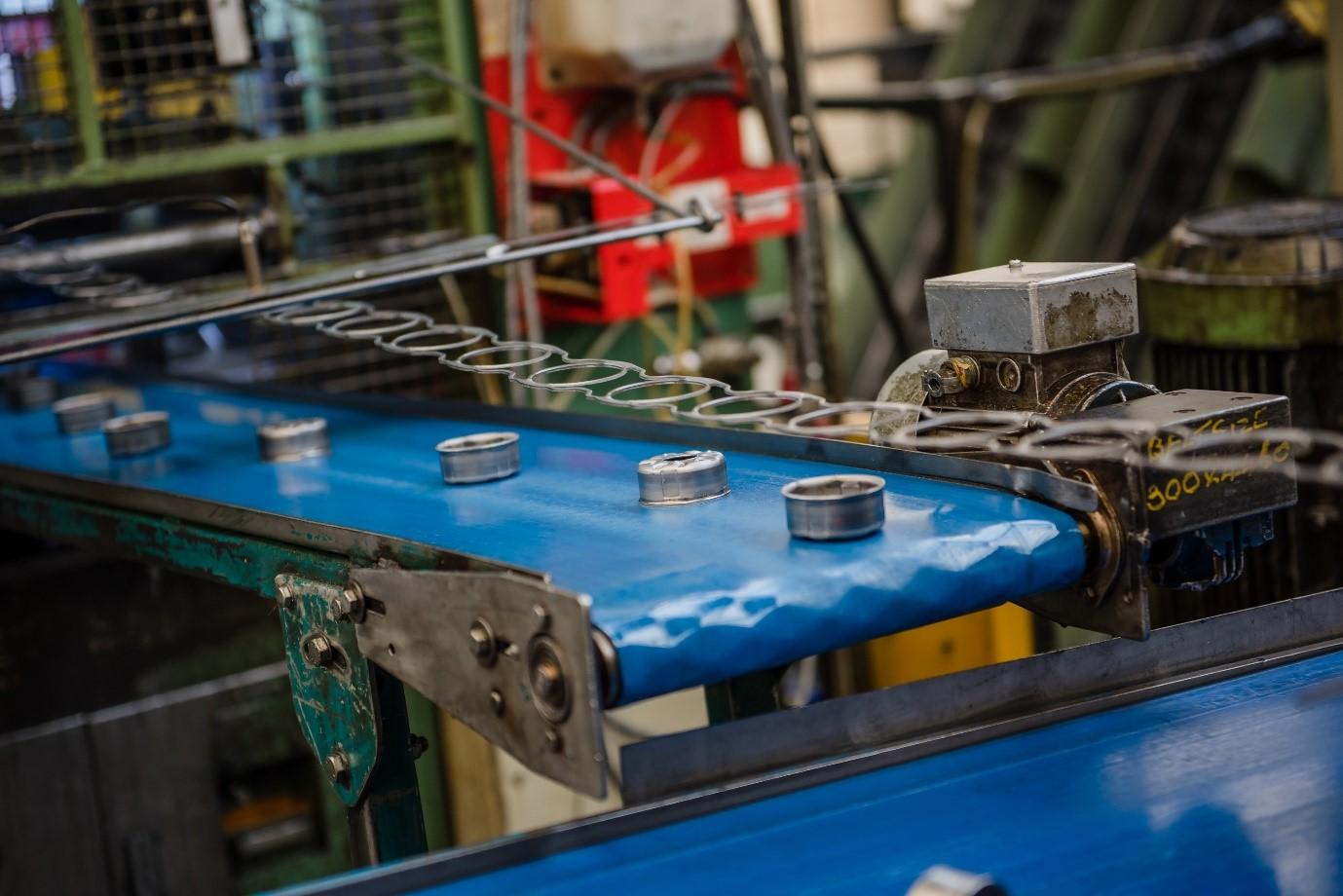
Submitting a research and development (R&D) tax claim to HMRC is a fine balancing act: failing to include all of your engineering projects which constitute R&D activities means you could be missing out on money you’re entitled to.
But the reverse – attempting to claim too much – could land you in hot water.
Businesses could be forgiven for thinking HMRC will review their application and either say ‘yes’ or ‘no’. But in fact, being paid out for the claim doesn’t necessarily mean you get to keep that money.
HMRC have always been able to launch an enquiry up to 12 months after a pay-out, but it’s an option they are now utilising much more often in the wake of a Government report which highlighted the estimated £313million of fraudulent claims each year.
As well as responding to changes to the system which will come into place next spring, the increase in post-pay out enquiries means engineering companies need to be on their guard when choosing an R&D adviser.
What’s set to change?
From April 2023, companies will be required to electronically submit their company tax return including the R&D claim report and calculations, as well as the name of a responsible person from within the business and information about any consultant who advised them on the R&D claim.
It’s hoped this will make it much easier for HMRC to track ‘repeat offenders’ in the form of unscrupulous advisers who are profiting from pushing businesses to over-claim. Because they’ll be easier to track, it’s hoped that fewer will risk continuing this behaviour – thus driving up standards across the industry.
What are the risks?
Businesses can be asked to pay back money up to a year after it’s been received, and there are the additional risks of fines and interest which can also be applied.
Given the likelihood that this money would have already been re-invested into the business, this represents a real financial headache.
How can engineering firms mitigate this risk?
Put simply, choosing a reputable adviser is the very best way to minimise the possibility of a letter landing on your desk asking you to give the money back to HMRC.
Any adviser worth hiring will:
- Have a proven track-record of making claims and defending HMRC enquiries
- Specialise in engineering – what constitutes R&D differs so vastly across industries, so finding someone with expertise in your industry is a huge benefit.
- Be able to provide case studies, testimonials and examples of the companies they’ve worked with.
- Be honest with you about which of your activities constitute R&D under the Government’s definitions, and which you cannot claim for.
Mark Evans is the founder of R&D Tax Claims



